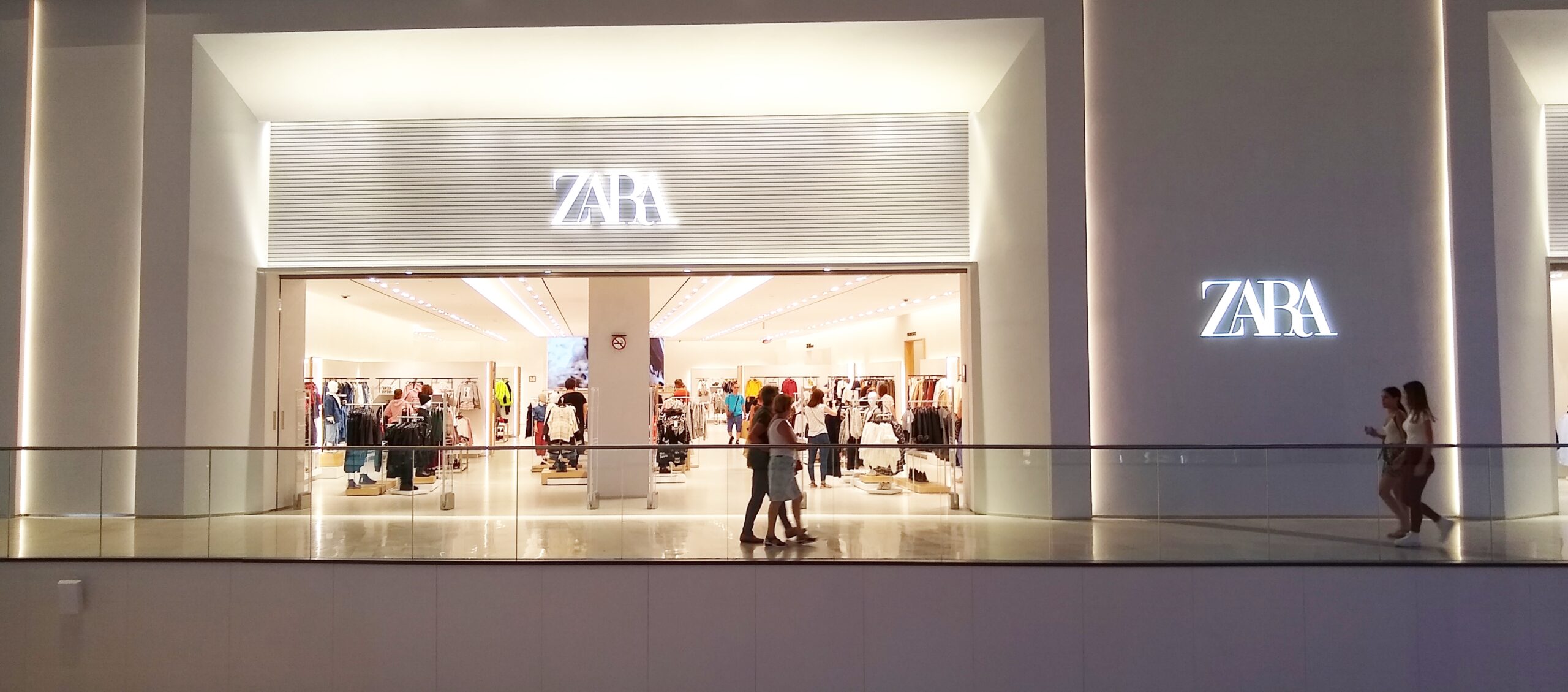Russian retail chain “Tvoe” has begun selling Inditex brands, including Zara, Bershka, Stradivarius, Massimo Dutti, and Oysho across nine stores in seven Russian cities, according to RBC and other Russian media reports confirmed on 22 September 2025.
It happens just three months after Inditex CEO Óscar García Maceiras explicitly ruled out a Russia return, telling the Financial Times on 20 June 2025 that conditions for the group’s return were “certainly not” in place due to the “unfavorable geopolitical environment.”
How the “exit” was structured for easy return
Inditex designed its 2022 Russian ‘withdrawal’ as a temporary retreat, not a permanent exit. The Spanish fashion giant sold its 245 Russian stores to the Lebanese Daher Group—longtime Inditex franchisees in the Middle East—with a built-in mechanism for immediate return.
The sale contract explicitly stated that “in the event of new circumstances that, in Inditex’s opinion, could allow the group’s brands to return to this market,” Daher would be obligated to become an official Inditex franchisee.
This arrangement effectively created a holding pattern rather than a genuine exit.
Financial details raise additional questions about the transaction’s authenticity. Inditex injected €57 million ($67 million) into its Russian operations just two months before selling them for what the company described as a “not significant” sum to the Daher Group in early 2023.
Meanwhile, operational continuity never really stopped. According to a Ukrainian whistleblower’s report, Daher maintained the same supply chains, employed the same staff (including eight employees transferred from Inditex’s Spanish operations), and produced 124 products identical to Zara collections between February and June 2025.
Products now appear in Russian stores
The “Tvoe” chain has now begun selling Inditex brands in Moscow, St. Petersburg, Kazan, Togliatti, Volgograd, Nizhny Novgorod, and Krasnodar. The clients cannot order or reserve products online in advance, and the company has not disclosed its procurement methods.
According to TASS, this development follows trademark applications filed by Inditex with Russia’s patent office (Rospatent) in September 2025, suggesting formal preparation for re-entering the Russian market.
Corporate conduct undermines Ukraine’s struggle
The timeline exposes how Western corporations maintain profitable relationships with Russia while Ukraine fights for survival. Inditex reopened 50 stores in Ukraine in spring 2024, presenting this as support for the war-torn country while preserving its Russian market access through legal arrangements.
Then Ukrainian Foreign Minister Dmytro Kuleba had previously welcomed international brands’ return to Ukraine as demonstrating “confidence” in the country’s future.
However, the revelation of parallel Russian operations undermines this narrative of corporate solidarity with Ukraine.
“This appears to be a similar playbook to other ‘boomerang’ withdrawals where the groundwork to return when palatable is laid,” Professor Kristian Lasslett of Ulster University, who studies corporate conduct in conflict zones, told the Financial Times in May 2025.
Pattern of sanctions evasion
As the Financial Times explains, the Inditex case illustrates a broader pattern of Western companies using complex legal structures to maintain Russian market presence while avoiding sanctions. More than 800 apparel shipments arrived in Russia from Daher’s Middle Eastern operations before the 2023 sale was even completed, suggesting coordinated preparation for seamless business continuity.
The arrangement allows Inditex to claim technical compliance with sanctions while benefiting from Russian market access through its franchisee network.
The structure provides legal cover while enabling the company to resume official operations instantly when politically convenient.
Inditex generated approximately 8.5% of its operating profit and 5% of its revenue—roughly €1 billion ($1.18 billion)—from Russia before the February 2022 invasion, making the market too valuable to abandon permanently despite public statements about moral opposition to the war.
The corporate conduct reveals how Western self-deterrence enables continued economic relationships with Russia, undermining sanctions effectiveness and prolonging Ukraine’s struggle against Russian aggression.
Read also
-
Ukrainian cyber intelligence exposes Russian sanctions evasion scheme involving French equipment
-
ExxonMobil, largest US-based oil company, says it doesn’t plan to engage in Russia’s Arctic project after Trump-Putin summit
-
Kremlin agents used EU territory as covert highway to arm kamikaze drones for attacks on Ukrainians




